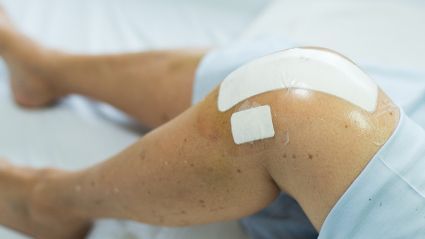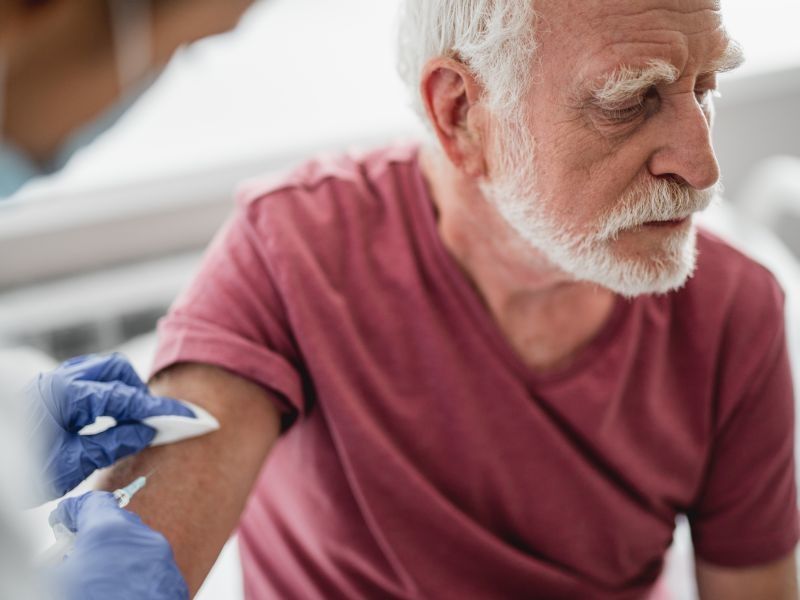
When wildfires choked the air and turned the skies orange throughout the American West in recent years, they caused a variety of health problems from coughs and runny noses to life-threatening heart attacks and strokes. But eczema and other skin issues were a result of the wildfires, too, according to researchers from the University of… read on > read on >


















